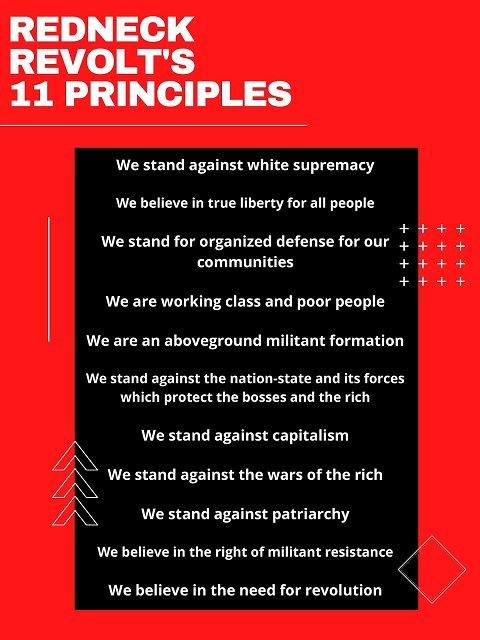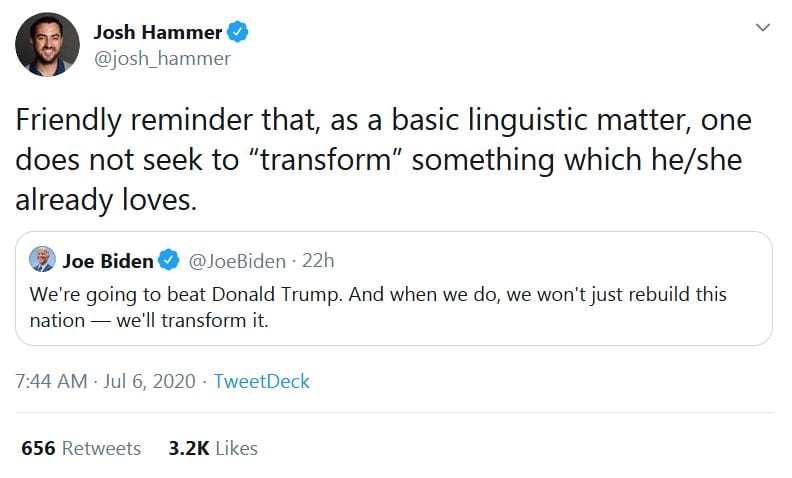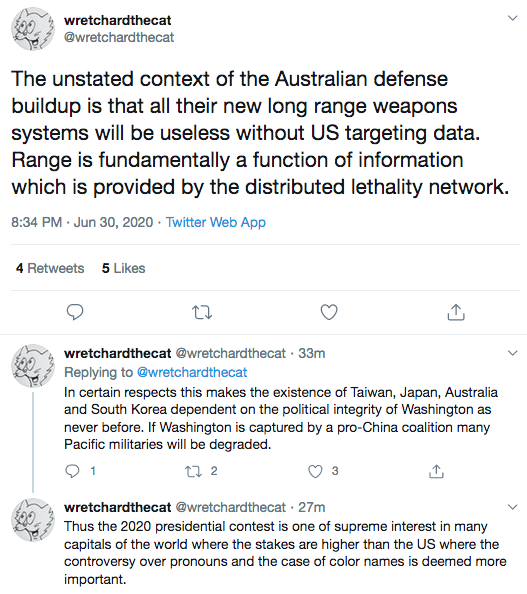After 59 Days of Riots in Portland, ABC Claims ‘Weeks’ Since Protests Were Violence.
As NewsBusters has extensively documented, the broadcast newscasts have done everything they could to downplay and cover-up the extreme leftist violence at protests happening in cities across the country. But during ABC’s Good Morning America on Sunday, the network, via correspondent Janai Norman, attempted some revisionist history, claiming it had been “weeks” since protests had turned violent.
Norman’s lie came just as she was wrapping up her report, falsely telling viewers: “And no one seriously injured in that shooting at that protest in Colorado. But it’s been weeks we have seen protests like these turn violent in multiple cities around the country, as we have this weekend.”
Not only has it not been “weeks” since protests turned violent, but it also hasn’t been “weeks” since there has been protest-linked violence in multiple cities at the same time.
“Now to the violent protests breaking out overnight in some cities across America, one of them turning deadly and in another, authorities firing off tear gas,” announced co-anchor Eva Pilgrim, rhetorically clutching her pearls. Continue reading “”





